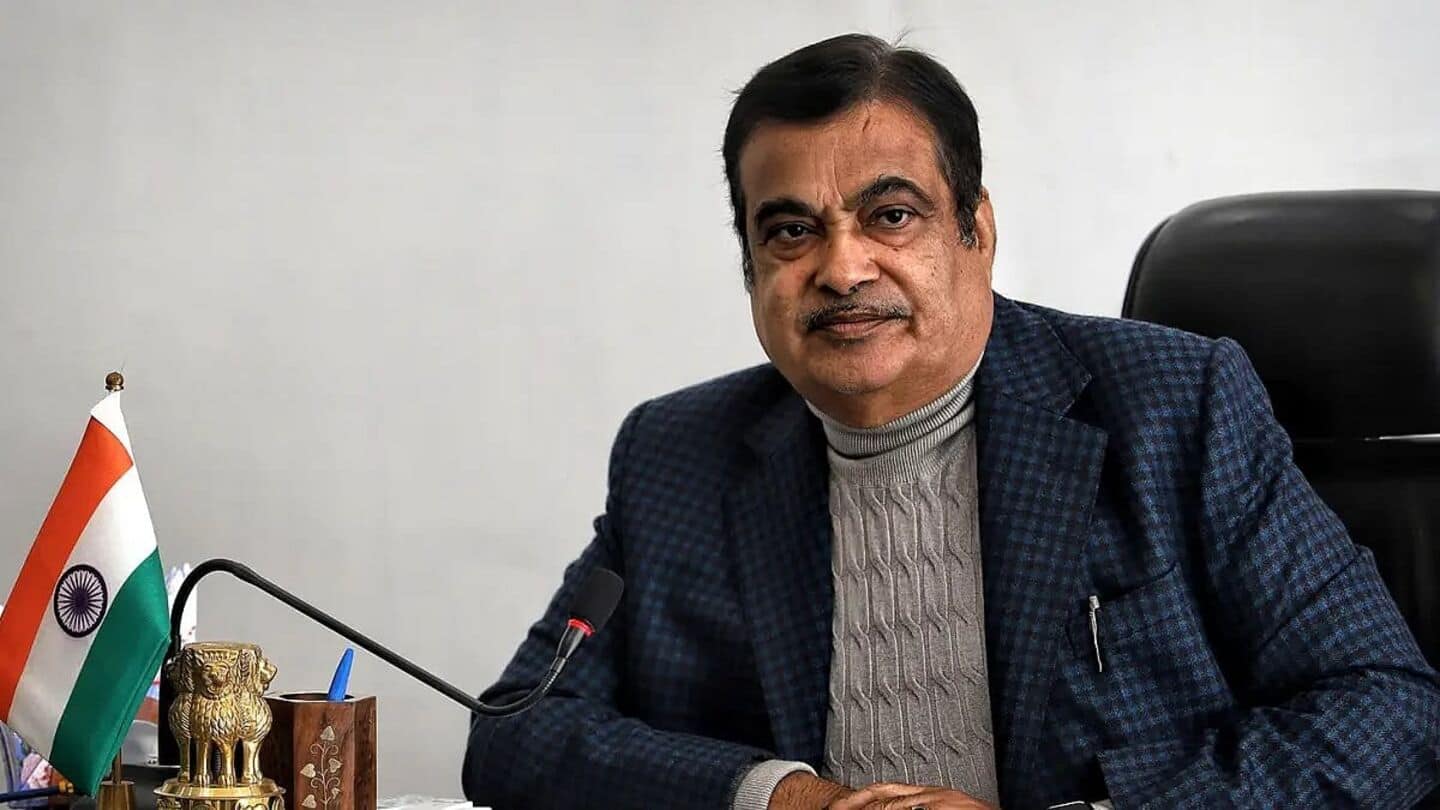
Gadkari lists 3 things that will shape India's pollution-free future
What's the story
Union Minister Nitin Gadkari has underscored the need for India to move on from fossil fuels to alternative energy sources.
Speaking at the launch of an eco-friendly electric cycle in Thane, he said, "Pollution is our country's biggest challenge, and a major part of it comes from the transport sector."
India's dependence on fossil fuels is an economic burden and environmental hazard; therefore, clean energy adoption is crucial for the nation's progress, he added.
Growth trajectory
India's rising automobile sector and EV production
Gadkari highlighted that India's automobile sector, which has outgrown Japan and become the third largest in the world since 2014, is growing rapidly.
He said that by 2030, India will lead the world in electric vehicle (EV) production, which will affect the global auto market significantly.
This growth is credited to a steep fall in prices of lithium-ion batteries, making EVs more affordable and price parity with fuel-powered vehicles.
Innovation hub
Young engineers and startups driving green energy revolution
Gadkari attributed India's young engineering talent as the key behind the innovative breakthroughs in EV technology and alternative fuels.
He noted that startups are making significant breakthroughs, pushing India to the forefront of the green energy revolution.
The minister also pointed out the increasing international demand for Indian-made electric two-wheelers, which he sees as a strong export opportunity that could bolster the economy and improve India's trade balance.
Sustainable solutions
Government's biofuel initiatives and cycling promotion
Gadkari also lauded the government's efforts toward converting farm waste into biofuels, including bio-CNG and bio-aviation fuel.
He said this would increase rural incomes besides cutting pollution and reducing fuel import costs.
"With a strong push for electric vehicles, biofuels, and urban cycling infrastructure, India is poised to lead the global transition to sustainable transport solutions.
"The combination of cutting-edge technology, young engineering talent, and agricultural innovation will ensure that India remains competitive in the evolving global landscape," he added.